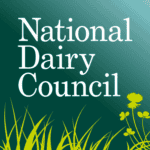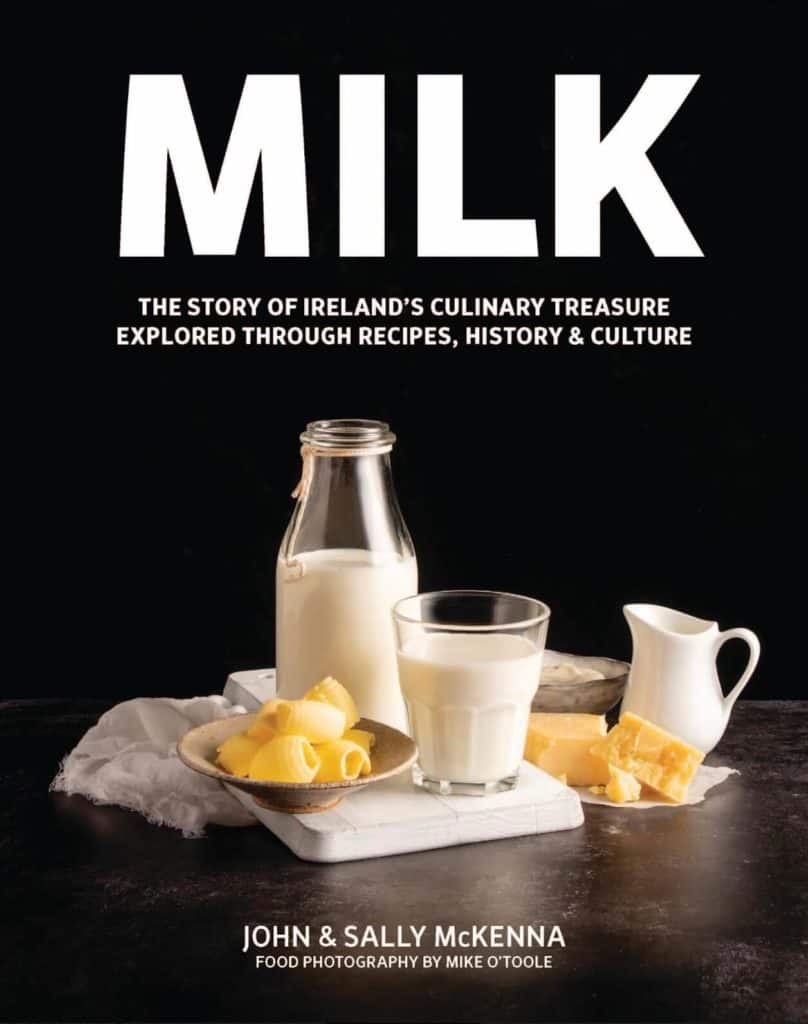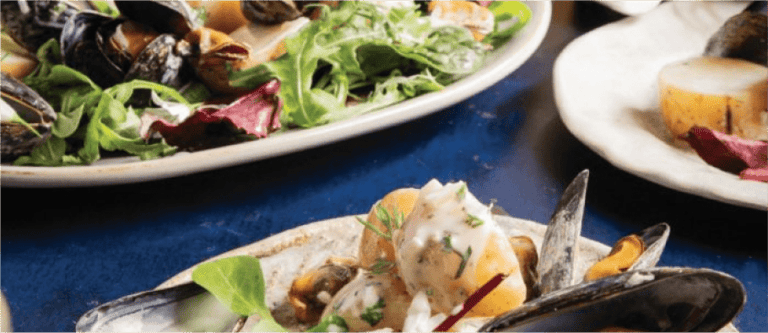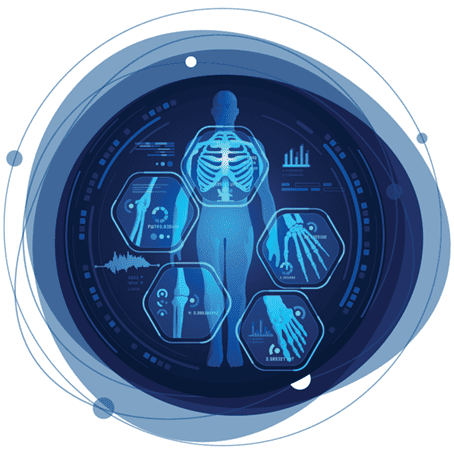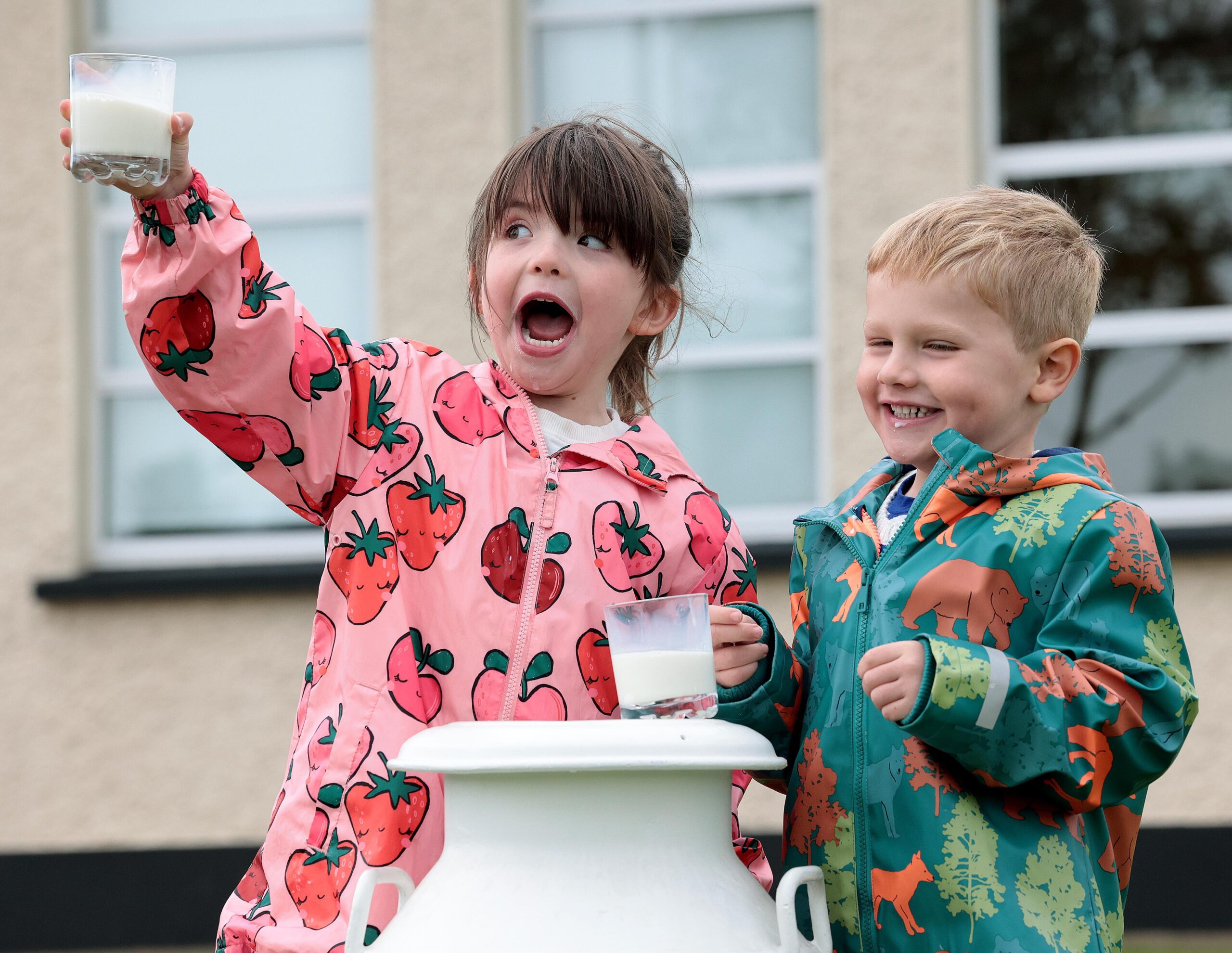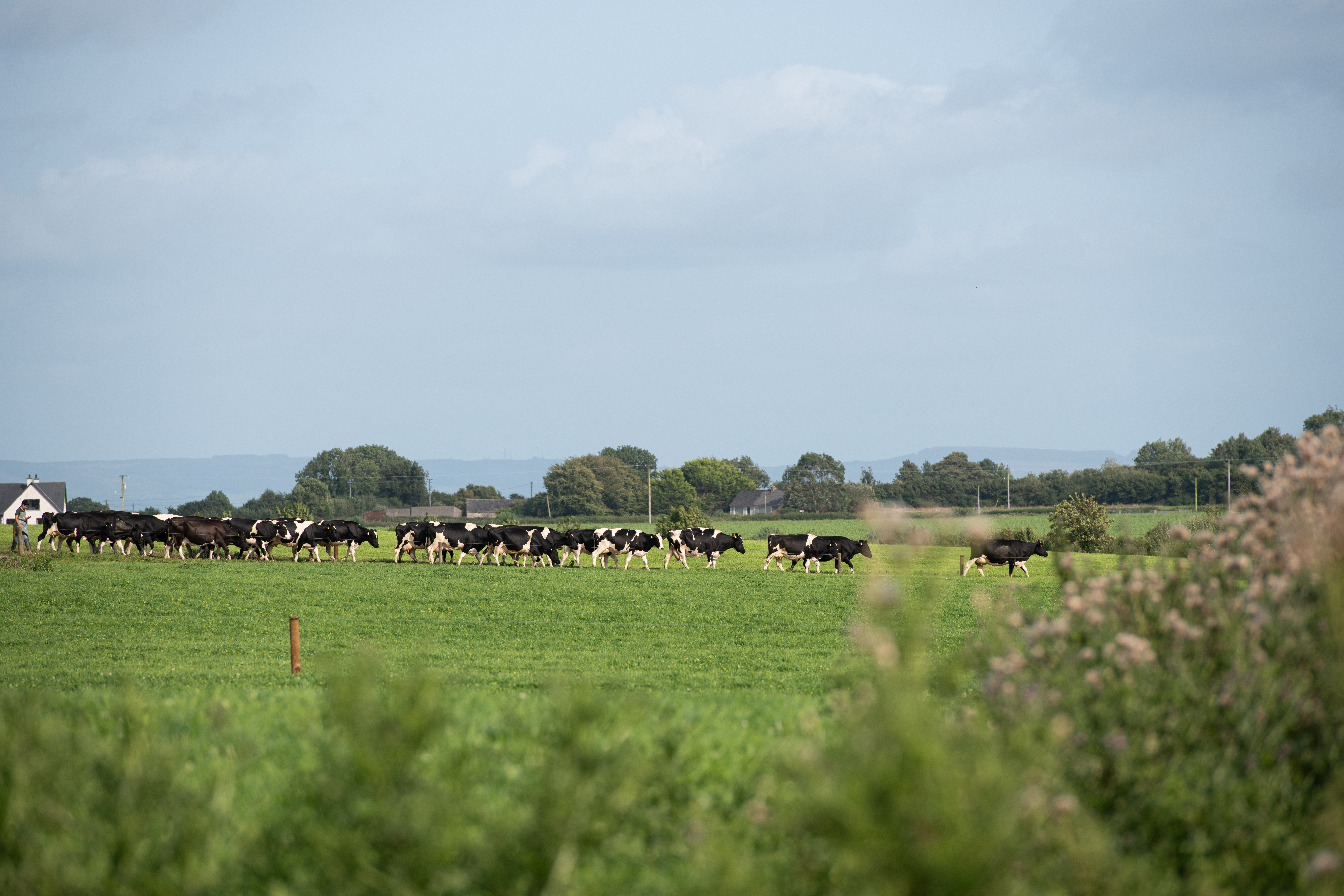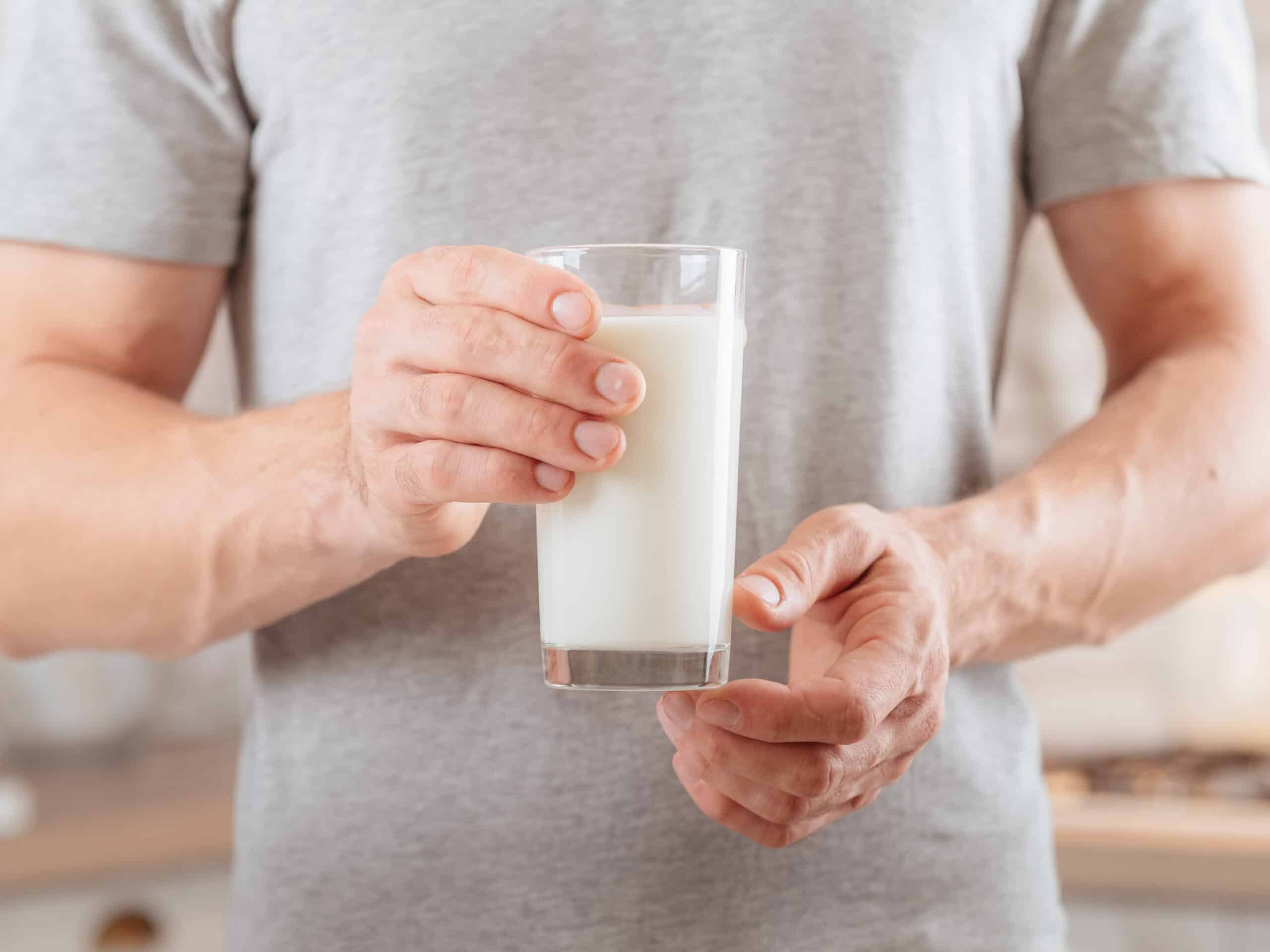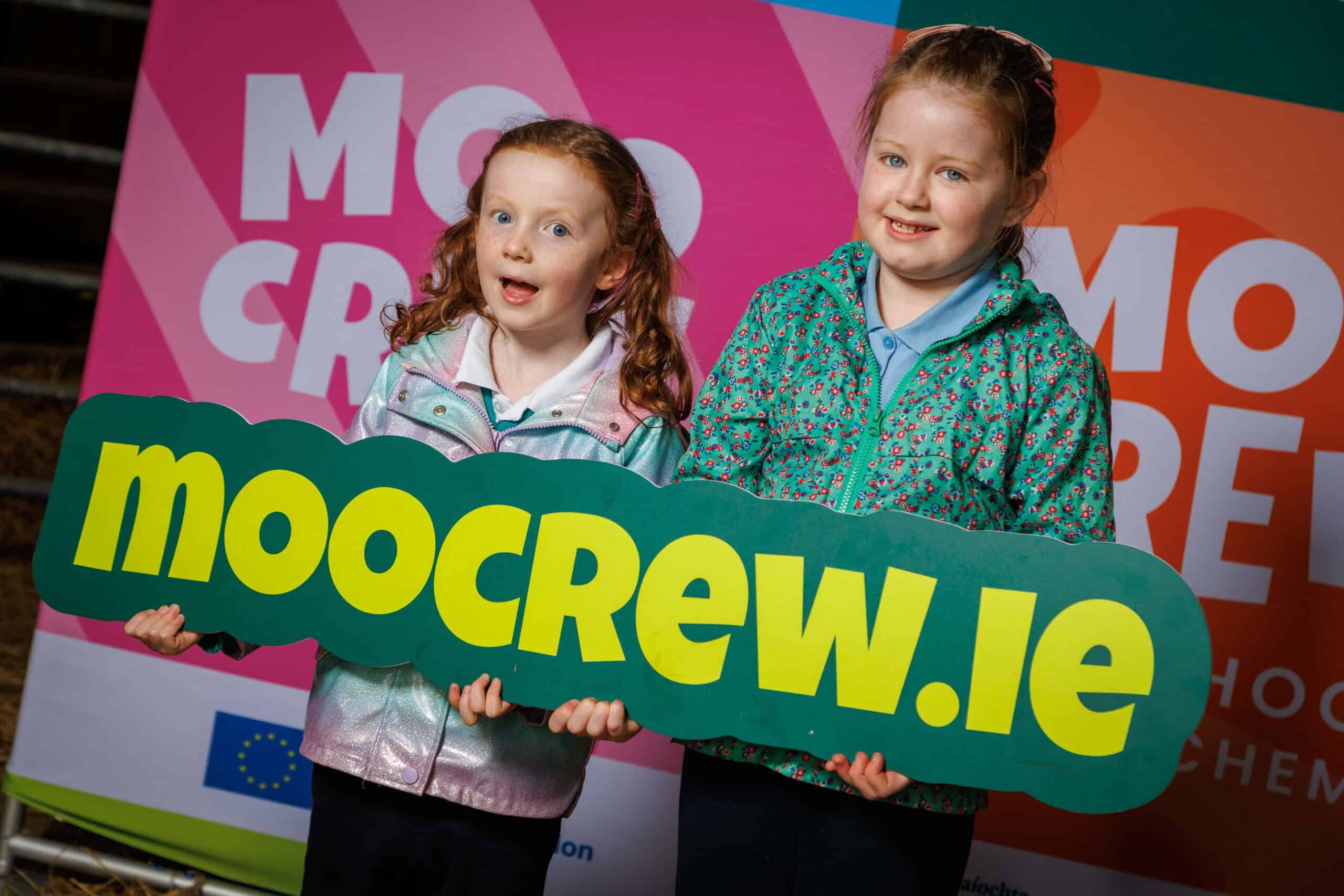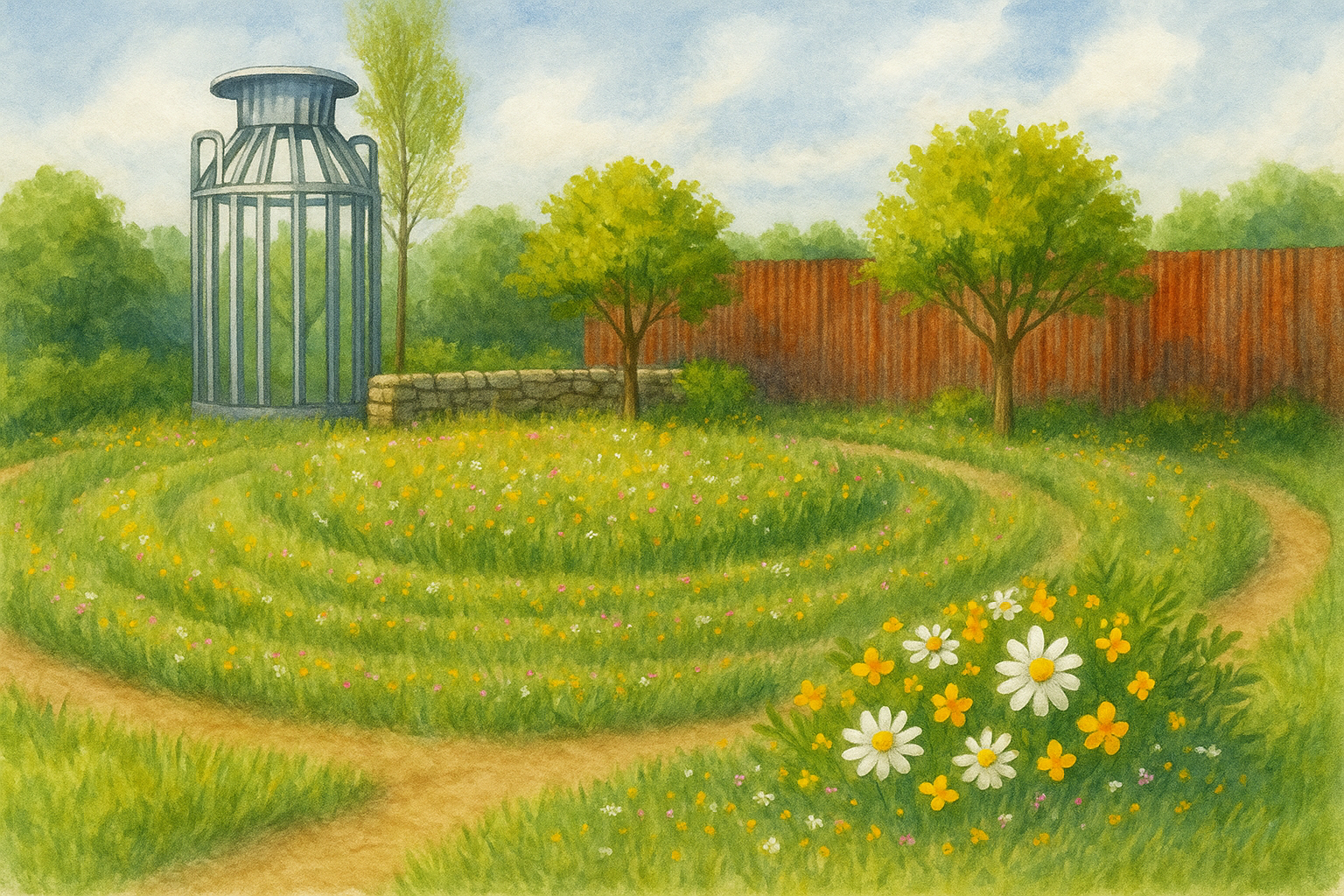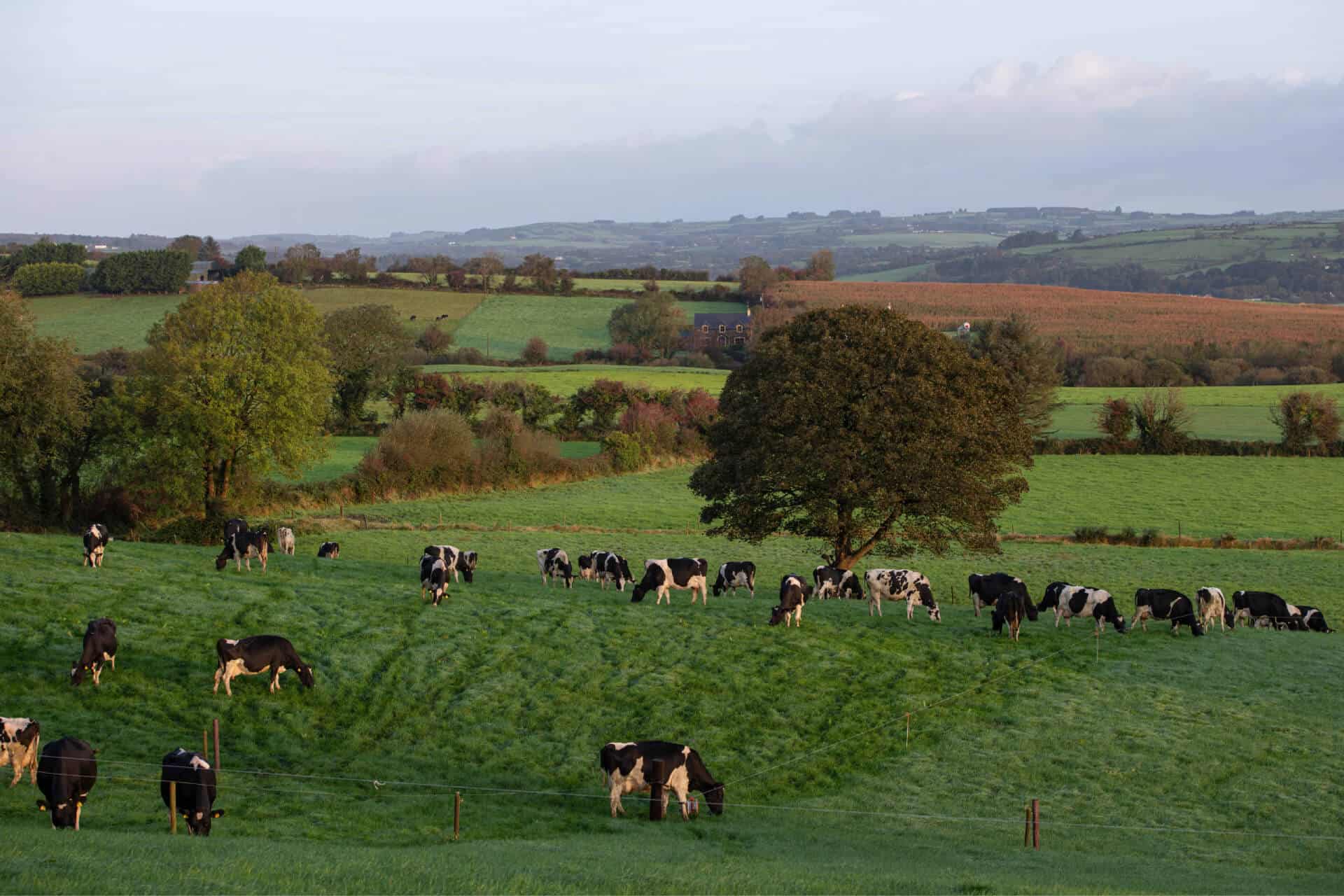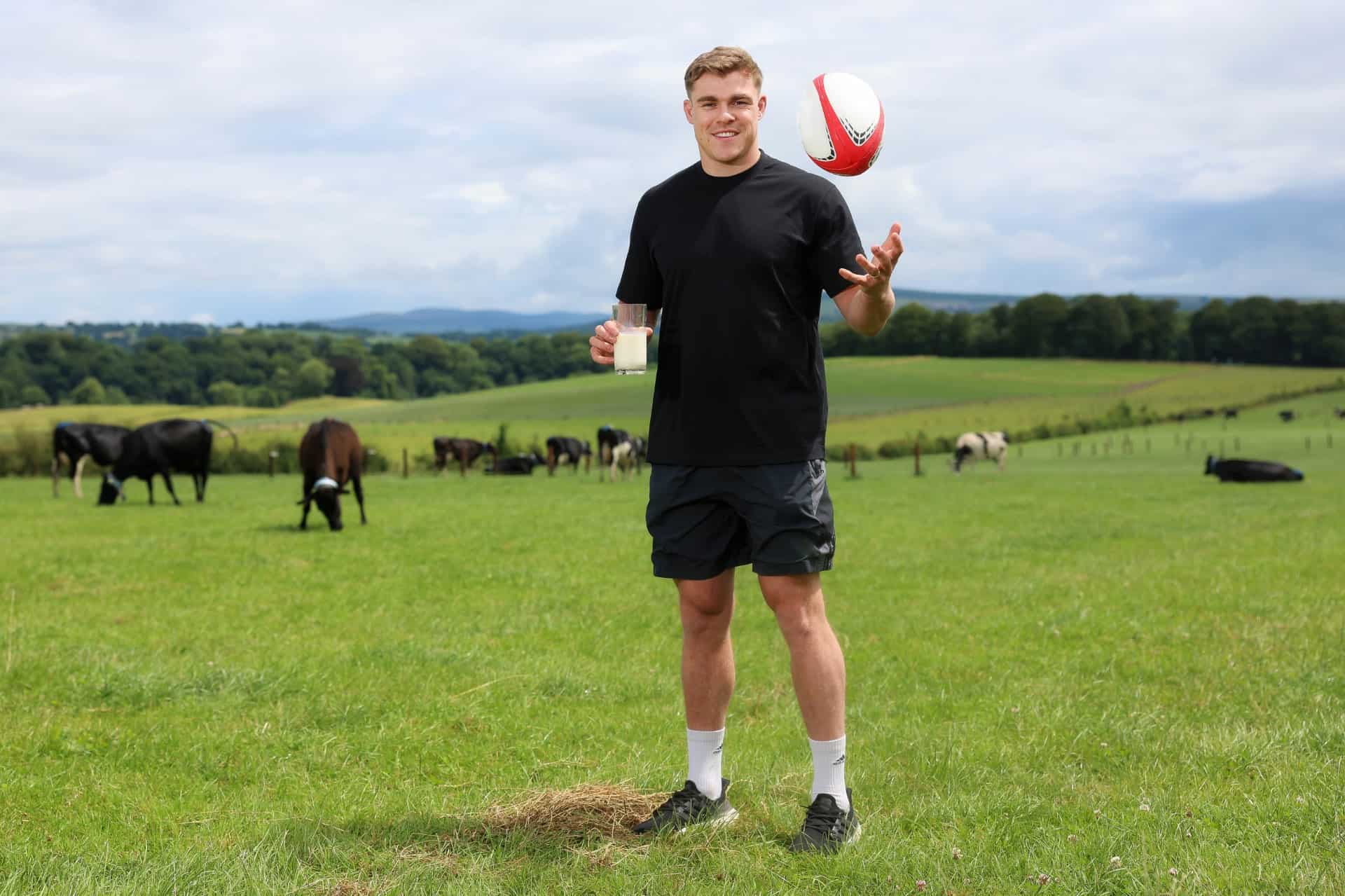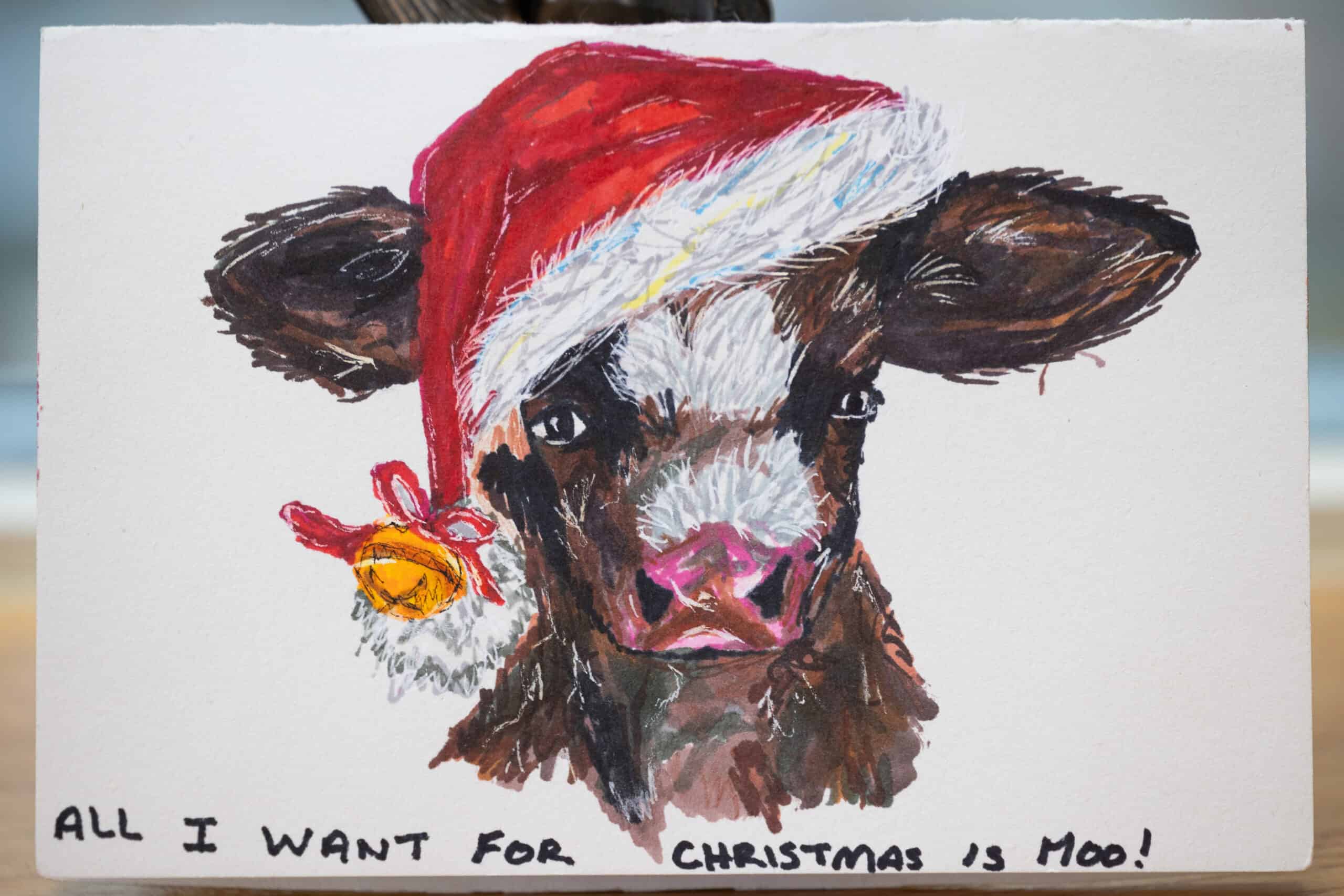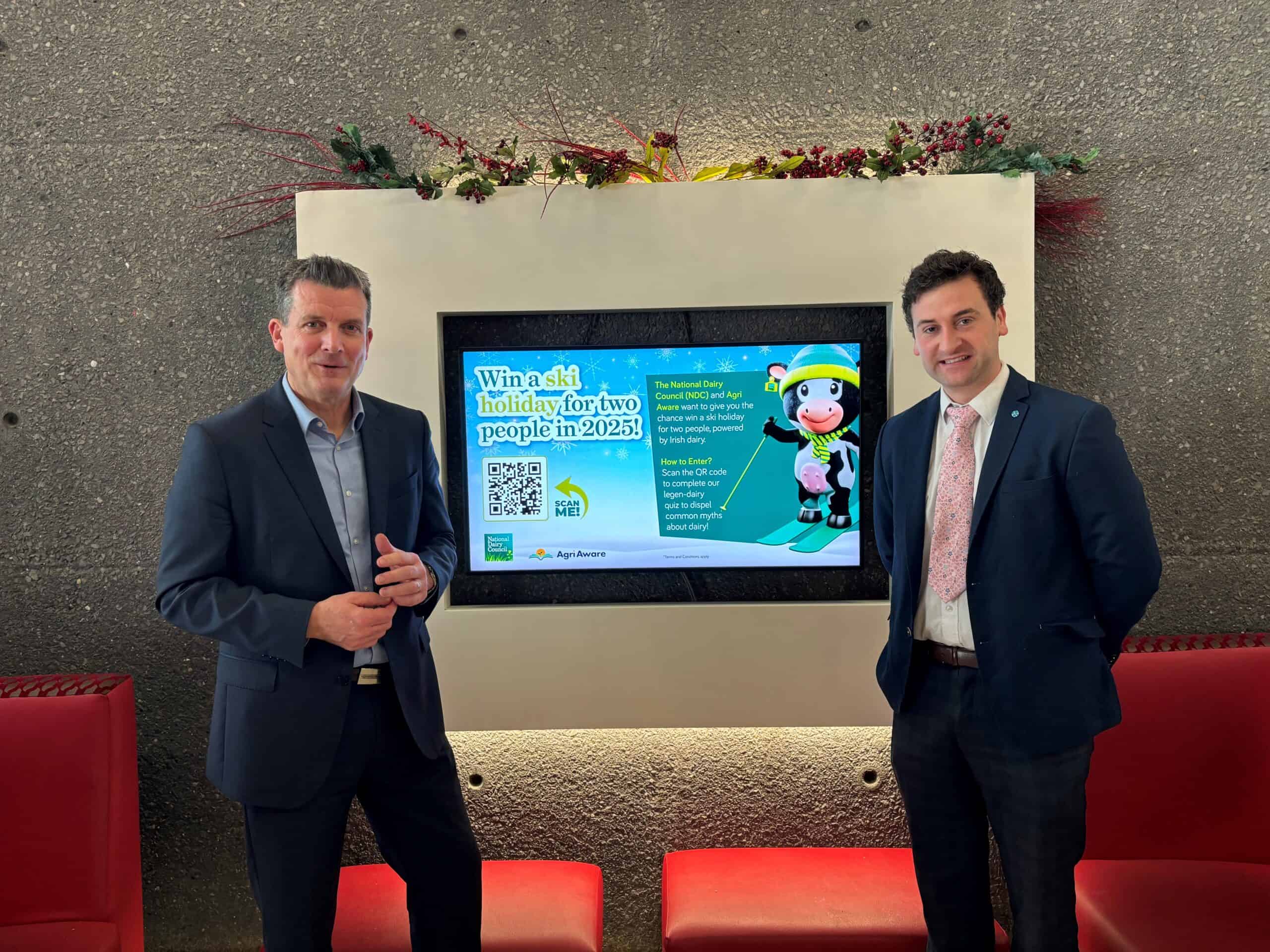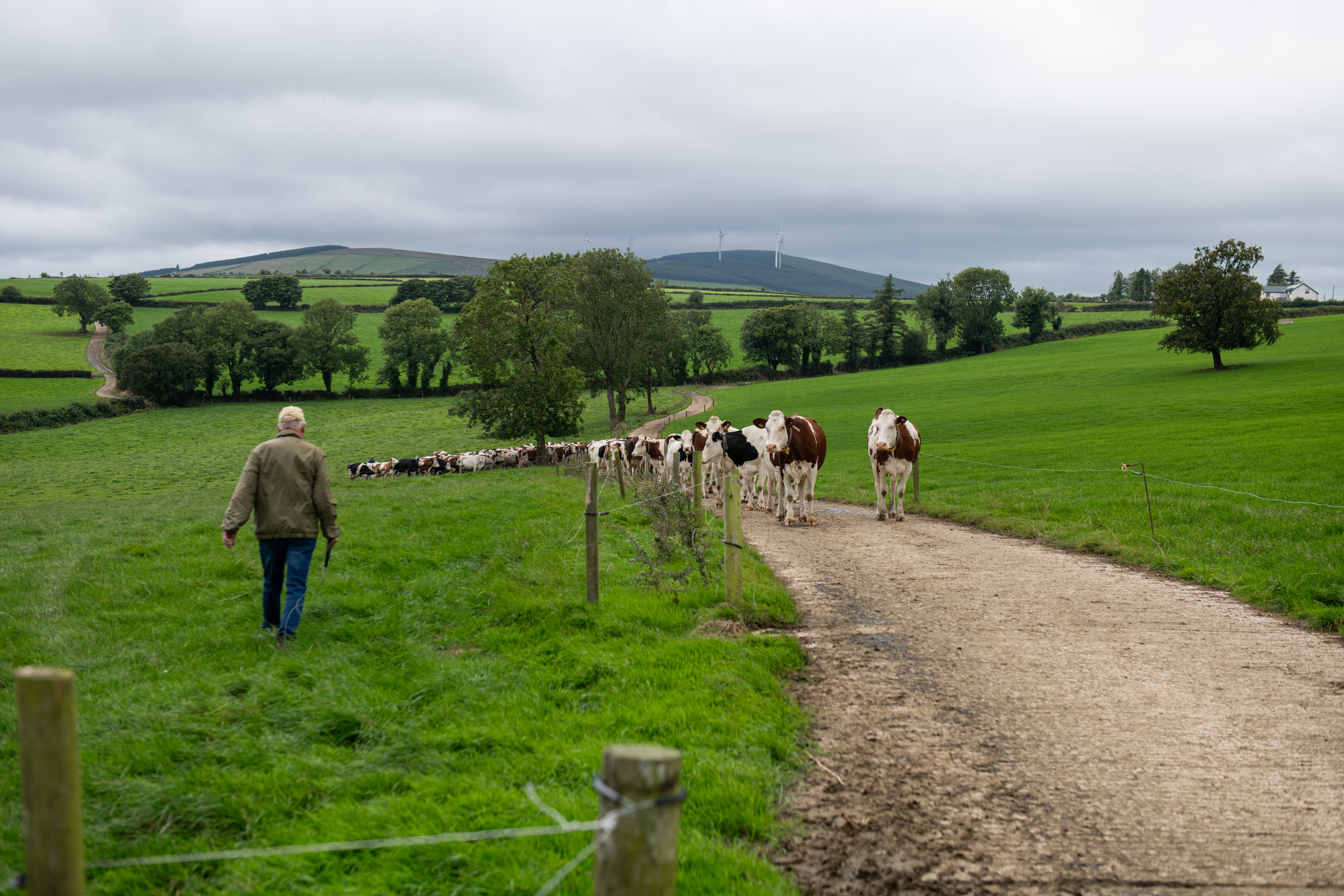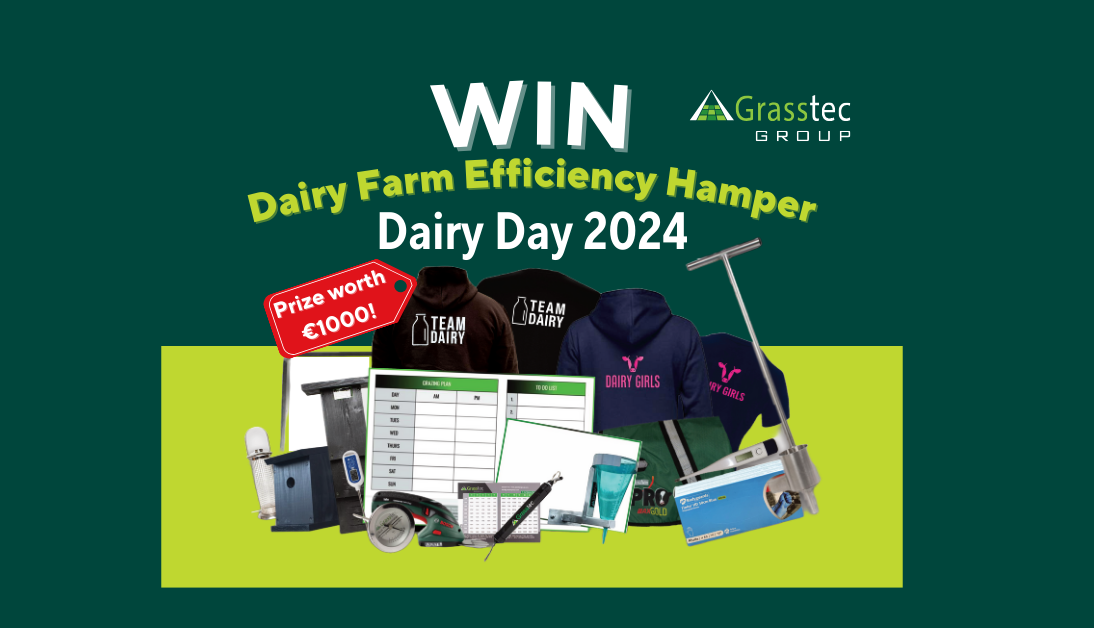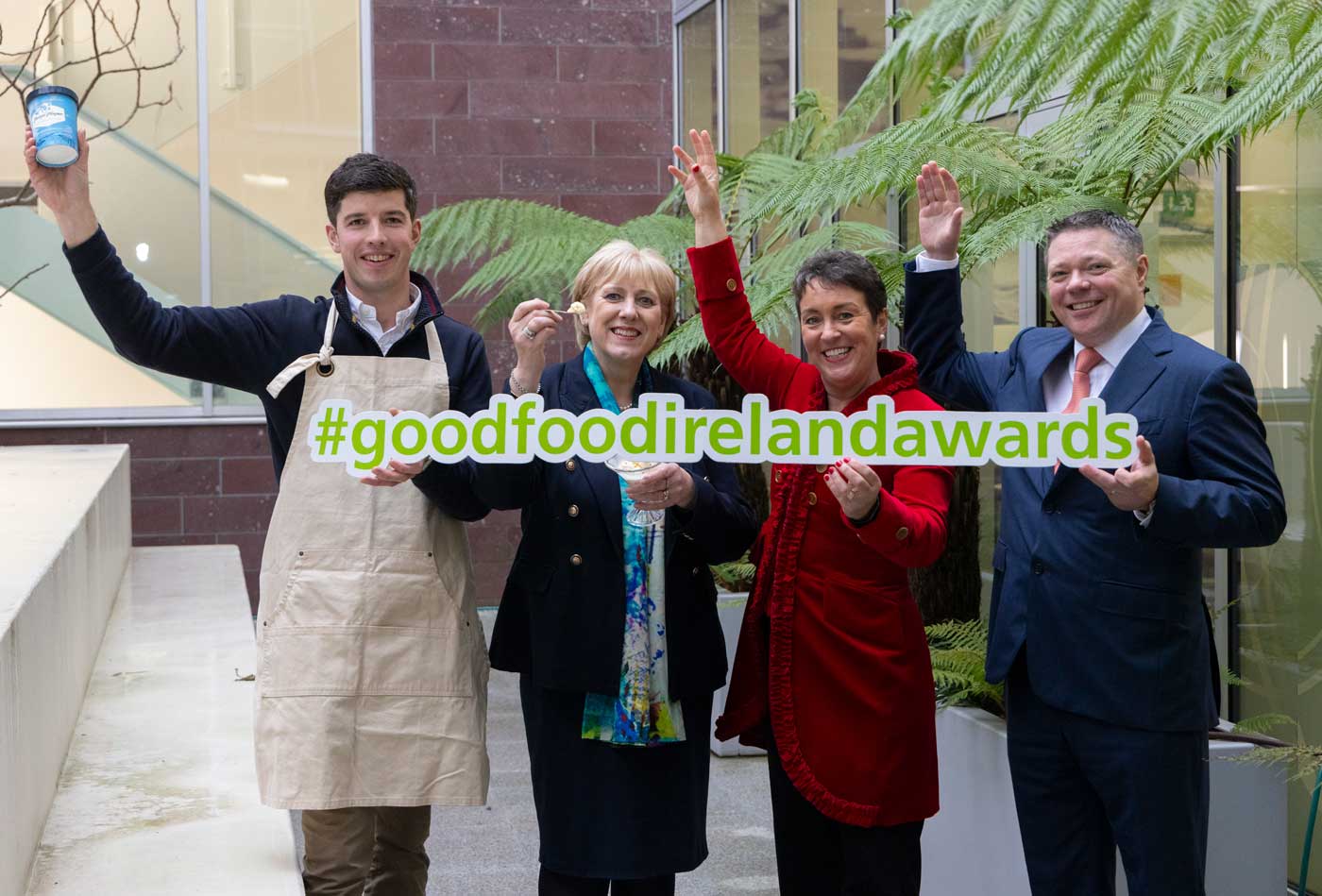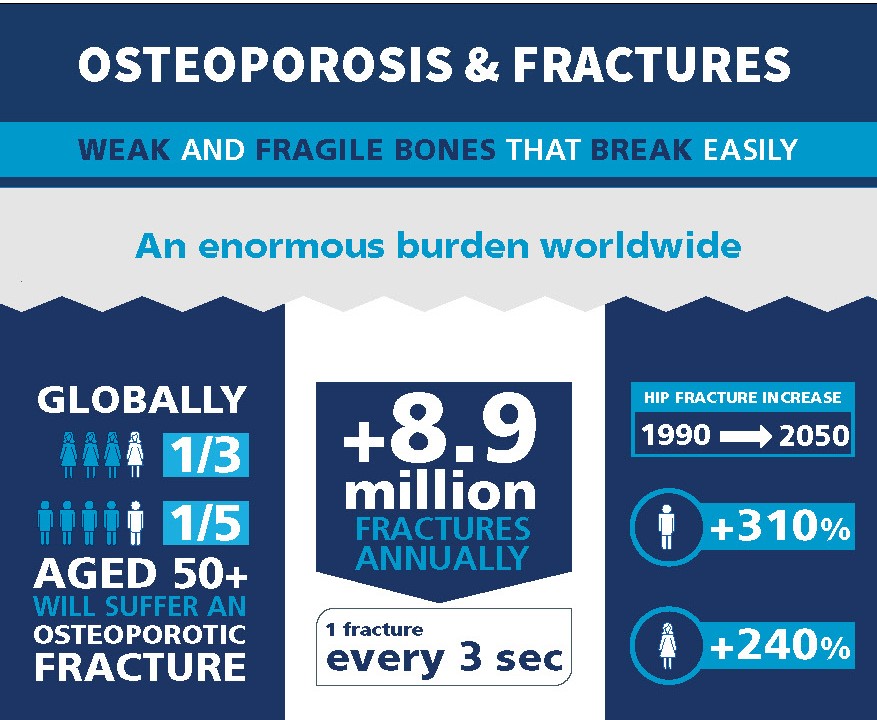- 3 in 4 (77%) of Irish people believe that in order to save the planet, they must change their ways of producing and consuming foods
- Just 4 out of 10 consumers feel well-informed about sustainability
20 November 2018: Findings of a new survey* on consumer attitudes towards sustainability and the role of the dairy sector were released today at National Dairy Day in Punchestown. The survey, part of a wider information campaign ‘Sustainable Dairy in Europe- safeguarding our resources’, was commissioned by the European Milk Forum, to establish the responsibilities Irish consumers feel themselves towards the environment, and the role they see the Irish dairy sector has in making a change.
‘Sustainable Dairy in Europe – safeguarding our resources’ is a three year EU funded campaign launched by the European Milk Forum. National Dairy Councils from Ireland, Northern Ireland, Denmark, France, Belgium and The Netherlands are participating in the campaign.
The purpose of the campaign is to discuss the challenges of sustainability and climate change and the determination of the dairy sector to be part of the solution, along with every other business sector and citizen across Europe and the world. A new Fact Book outlining the global challenge of tackling climate change, the need for a holistic approach to sustainable diet as well as an overview of the Irish dairy sector’s objectives and commitment to farm sustainability was also launched at the event in Punchestown.
Click on the link to view the new Fact Book – Sustainable dairy in Europe: Safeguarding our resources
Climate Change
The survey showed that 94% of Irish consumers believe in climate change and fear for the world their children or grandchildren will grow up in. Extreme weather conditions, extinction of plants and animals and floods topped the reasons why Irish people worry about climate change.
The majority of respondents (71%) pointed to themselves when asked who has the greatest responsibility in contributing towards a sustainable future, followed by the production industry (58%), politicians (54%) and farmers (28%). However, just 4 out of 10 Irish consumers actually feel well-informed about sustainability, proving it can be hard to navigate through the myriad of advice and guidelines that they are exposed to from several sources in the public debate.
Although Irish consumers see themselves as the ones with the biggest responsibility in creating a sustainable future, only 12% think that sustainability is the most important factor when buying dairy foods. Nutritional value (57%), healthiness (55%) and price (53%) were cited as their top priorities.
When asked what climate conscious behavior meant to them, 85% of respondents cited recycling waste as a key measure, 76% wasting as little food as possible and 54% choosing to use public transport.
Dairy Sector
The 80% of Irish people believe that the dairy sector plays an important role in creating a sustainable future, and 80% also believe that the dairy sector must focus even more on producing in a sustainable way by using measures such as producing its own animal feed, waste re-use and recycling. Only 25% of those surveyed were aware that almost 100% of Irish farmers are certified in the Sustainable Dairy Assurance Scheme in Ireland.
59% of respondents believe that the dairy sector can help feed the world in a sustainable way.
Commenting on the findings, Zoe Kavanagh, Chief Executive of the National Dairy Council said: “It is clear from the findings of the survey that there needs to be a more joined up approach between all stakeholders in terms of education, information and actions. The Irish dairy sector acknowledges that sustainable development and climate change are pressing challenges that must be acted on and is committed to continuing to contribute to solving these issues.
In 2016, Dairy Sustainability Ireland was established, a pro-active industry led, whole of sector and whole of Government partnership which is working to develop and implement new approaches to dairy farm sustainability at both economic and environmental levels. This new initiative has been established to help farmers meet environmental targets, improve profitability and to copper fasten Ireland’s reputation as a world leader in grass-fed dairy production. This represents the globe’s first ‘whole of sector/whole of government’ approach to addressing the challenges of our industry.
The introduction of the Sustainable Dairy Assurance Scheme, the first national dairy scheme of its kind anywhere in the world is a clear indication of the Irish dairy sector’s commitment. It sets out requirements for best practice on Irish dairy farms in animal health and welfare, land management, biosecurity, safe farming practices and the production of quality milk. Close to 100% of farmers are now certified in the Scheme which is an indication of their commitment to operating and maintaining the highest possible sustainability measures”.
For Further Information:
Weber Shandwick PR
Mary McCarthy or Jo Twamley
Mary: 086 2568429; Jo: 085 143 8320
mmccarthy@webershandwick.com or jtwamley@webershandwick.com
Notes to Editors:
* The survey is based on a representative sample of 2,000 respondents in Ireland, undertaken during July – August 2018. The European Milk Forum conducted the survey in six markets – Ireland, Northern Ireland, France, Denmark, Belgium, and the Netherlands as part of a European campaign that aims to disseminate facts and solutions on how to safeguard our planet, reduce climate change promote sustainability in dairy systems.
The European Milk Forum is a non-profit organization which plays a key role in driving the strategic development, management and exchange of integrated information initiatives on milk and dairy across Europe. The campaign is financed by the European Commission.
